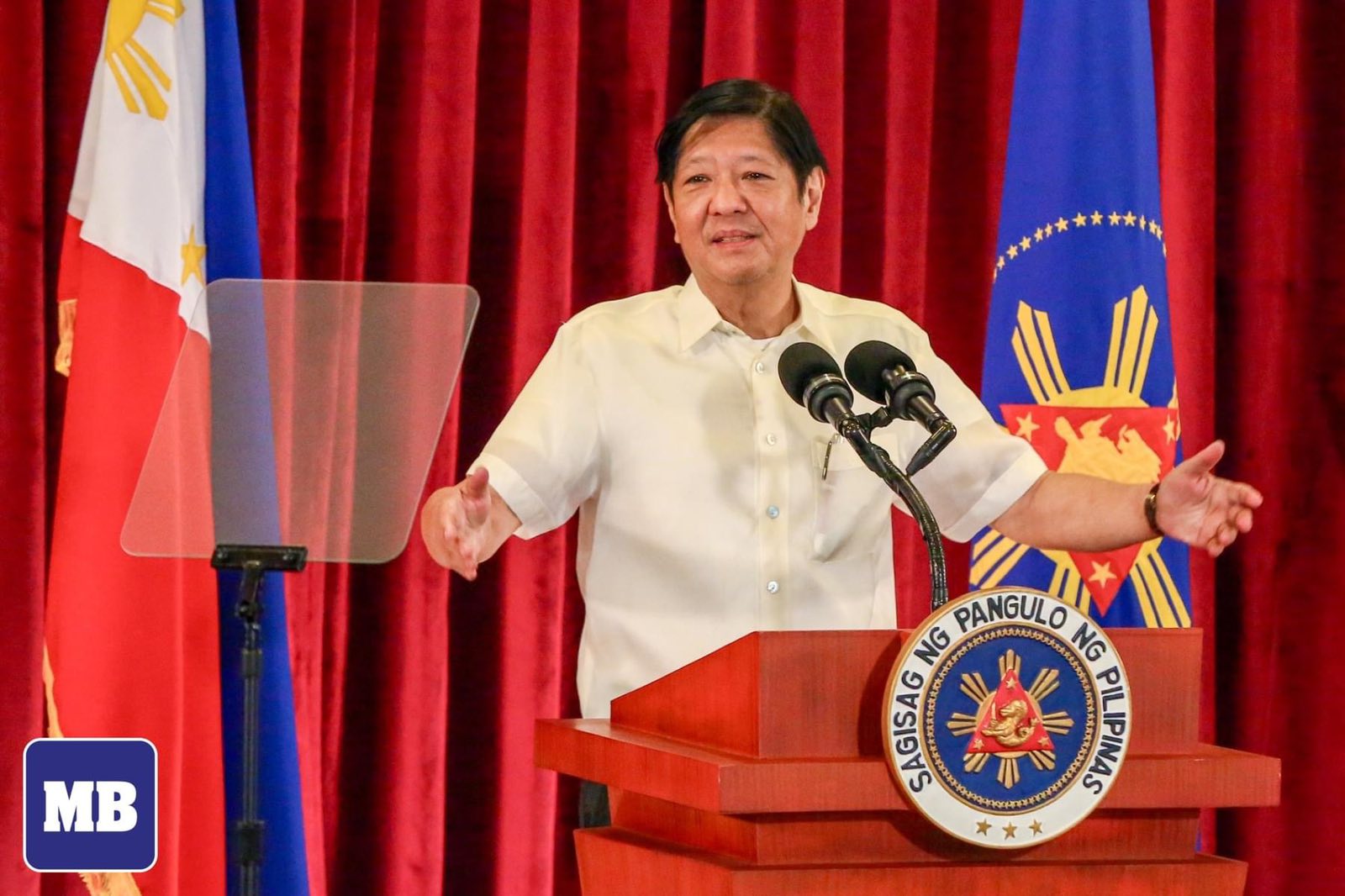Marcos adopts DICT's national cybersecurity plan to protect PH digital infra
By Raymund Antonio and Raymund Antonio
President Marcos signed Executive Order No. 58, which will adopt the Department of Information and Communications Technology’s (DICT) National Cybersecurity Plan (NCSP) 2023-2028 as the government’s “whole-of-nation roadmap” to fortify its cyberspace.
 President Ferdinand 'Bongbong' Marcos Jr. (Photo from the Presidential Communications Office)
President Ferdinand 'Bongbong' Marcos Jr. (Photo from the Presidential Communications Office)
In the two-page document signed by Executive Secretary Lucas Bersamin on Thursday, April 4, in behalf of the President, the EO emphasized the need to strengthen the security and resilience of the Philippines’ cyber and physical spaces under the Philippine Development Plan 2023-2026.
“The NCSP 2023-2028 is hereby adopted as the whole-of-nation roadmap for the integrated development and strategic direction of the country’s cybersecurity,” the EO read.
In his message, Marcos cited the objective of the national cybersecurity plan to “position the country at the cutting edge of the digital age.”
“By reinforcing our cybersecurity defense strategies, we prepare ourselves for the imminent risks that come with these new advancements,” he said.
The President encouraged all national government agencies and instrumentalities, government-owned and -controlled corporations, and local government units “to formulate, adopt and implement their cybersecurity plans and strategies, which are relevant to their respective mandates, in accordance with the NCSP 2023-2028.”
The EO also ordered the DICT to adopt a system for the effective implementation, monitoring, and review of the plan, as well as cooperate with the private sector, if needed, to provide technical assistance to other government agencies and offices relative to the implementation of the NCSP 2023-2028, as may be necessary.
The DICT is also directed to submit to the President a bi-annual report on the status and progress of the implementation of the NCSP 2023-2028 through the Office of the Executive Secretary and the National Cybersecurity Inter-Agency Committee (NCIAC).
The NCSP 2023-2028 was crafted under Section 15 of Republic Act 10844, or the DICT Act of 2015, to outline the country’s policy direction and provide operational guidelines “towards a trusted, secured, and resilient cyberspace for every Filipino.”
The EO will take effect immediately upon publication in the Official Gazette, or a newspaper of general circulation.